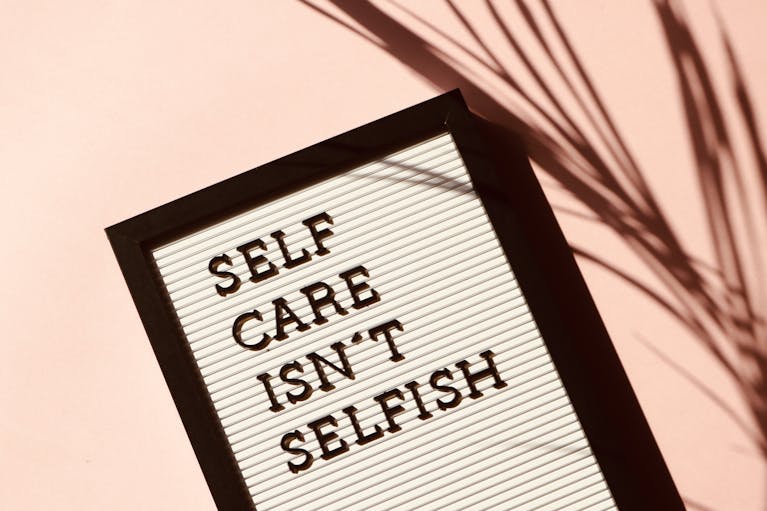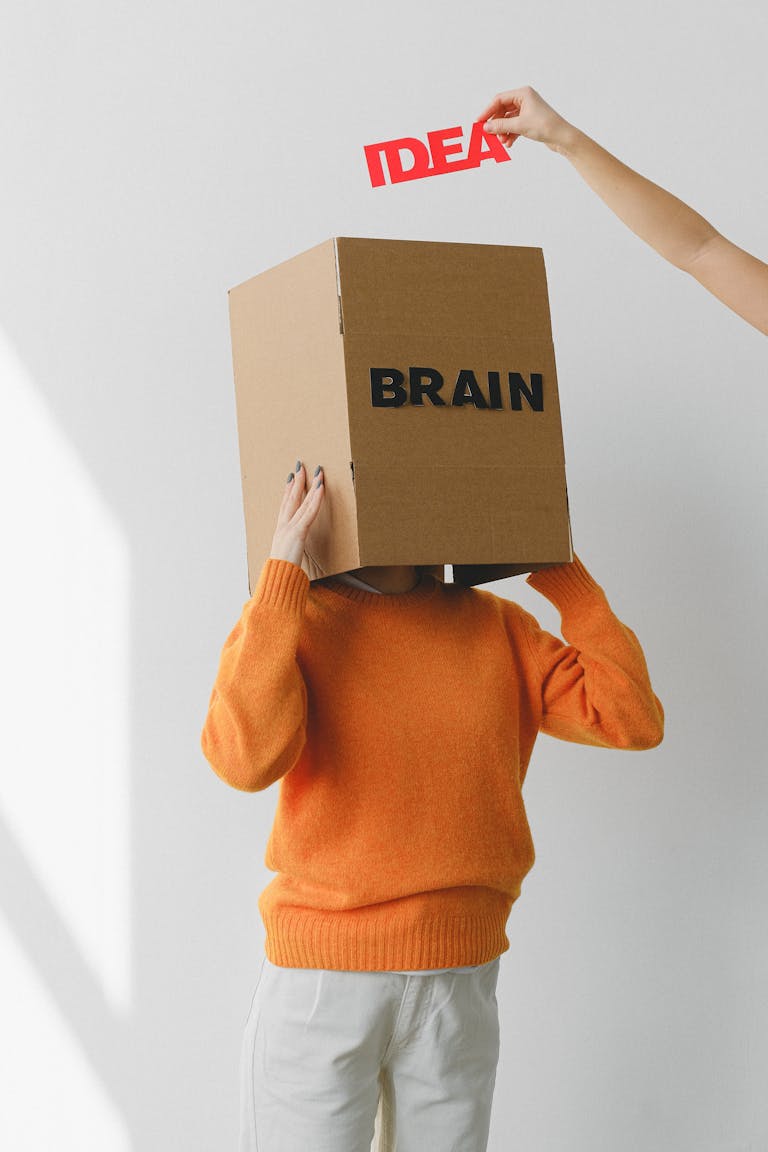Boosting Cognitive Function: 8 Mental Health Tips for Enhanced Learning
Our cognitive function, which is influenced by many facets of mental health, is crucial to our capacity to learn and retain knowledge. Your mental health has a significant impact on how you process, store, and recall information, whether you’re a professional balancing challenging responsibilities or a student aiming for academic achievement. Cognitive function includes skills like creativity, critical thinking, memory, and focus—all of which are necessary for learning.
However, how do cognitive function and mental health interact, and how can you maximize both? This comprehensive guide explores evidence-based strategies to enhance learning by boosting cognitive function and maintaining mental well-being. We’ll also dive into the science behind these methods to give you actionable insights grounded in the latest research

Understanding the Connection Between Mental Health and Learning
Cognitive function and mental health are closely related. It becomes more difficult to concentrate, remember information, or solve problems when mental health becomes worse, whether as a result of stress, anxiety, or depression. For example, long-term stress can raise cortisol levels in the brain, which may cause damage to parts of the brain like the hippocampus, which is important for memory and learning (McEwen, 2017). In a similar vein, anxiety may blur focus, making it challenging to interact with new information.
On the other hand, neuroplasticity—the brain’s capacity to reorganize itself by creating new neural connections—is supported by mental health. This adaptability is essential for learning and overcoming new obstacles. The first step in using techniques to improve both is realizing how your emotional state affects your ability to learn.
8 Mental Health Tips for Enhanced Learning
1. Prioritise Quality Sleep
Sleep is a cornerstone of cognitive function. During sleep, your brain consolidates memories, processes new information, and clears out toxins that accumulate during waking hours (Xie et al., 2014). Insufficient or poor-quality sleep can result in diminished attention spans, impaired memory, and reduced problem-solving abilities.
Practical Tips for Better Sleep:
- Establish a routine: Go to bed and wake up at the same time daily.
- Create a sleep-friendly environment: Use blackout curtains and reduce noise.
- Limit stimulants: Avoid caffeine and screen time at least an hour before bed.
- Engage in relaxation: Activities like meditation or deep breathing can help you wind down.
2. Manage Stress Effectively
Chronic stress is detrimental to both mental health and cognitive function. Prolonged stress increases cortisol, which negatively affects the prefrontal cortex—the area of the brain responsible for decision-making and concentration (McEwen, 2017). Learning to manage stress can mitigate these effects and improve focus.
Stress-Reduction Techniques:
- Mindfulness Meditation: Regular meditation can reduce stress and improve cognitive flexibility (Tang, Hölzel, & Posner, 2015).
- Physical Activity: Exercise reduces stress hormones and boosts endorphins.
- Time Management: Organise tasks to reduce overwhelm and create a clear plan for your day.
3. Engage in Regular Physical Activity
Physical exercise benefits the brain just as much as the body. Aerobic activities increase blood flow to the brain and stimulate the release of brain-derived neurotrophic factor (BDNF), a protein that promotes the growth of new neurons (Ratey & Loehr, 2017).
Exercise Ideas for Cognitive Health:
- Cardio Workouts: Running, swimming, or cycling can enhance overall brain function.
- Mind-Body Activities: Yoga and tai chi combine physical movement with mental focus.
- Short Active Breaks: Incorporate mini-exercise sessions during study or work hours to refresh your mind.
4. Adopt a Brain-Healthy Diet
Nutrition significantly impacts brain health. Consuming foods rich in antioxidants, omega-3 fatty acids, and essential vitamins can boost memory, attention, and overall cognitive performance (Gómez-Pinilla, 2018).
Brain-Boosting Foods:
- Fatty Fish: Salmon and mackerel are excellent sources of omega-3s.
- Leafy Greens: Spinach and kale provide antioxidants and vitamins.
- Nuts and Seeds: Packed with healthy fats and nutrients.
- Berries: Blueberries are rich in antioxidants that combat brain aging.
Tips for Better Nutrition:
- Incorporate whole, unprocessed foods into meals.
- Stay hydrated; even mild dehydration can impair cognitive performance.
- Avoid excessive sugar and processed snacks, which can lead to energy crashes.
5. Practise Mindfulness and Meditation
Mindfulness, or the practice of focusing your awareness on the present moment, has been shown to improve working memory, emotional regulation, and decision-making (Tang, Hölzel, & Posner, 2015). Meditation, a key component of mindfulness, strengthens the brain’s attentional networks, allowing for better focus and mental clarity.
Mindfulness Exercises:
- Body Scans: Focus on different parts of your body to release tension.
- Breathing Techniques: Practice slow, deep breaths to calm the mind.
- Mindful Walking: Pay attention to your movements and surroundings.
6. Develop a Growth Mindset
Believing in your ability to learn and grow is a powerful cognitive enhancer. A growth mindset fosters resilience and motivates individuals to embrace challenges and persist through setbacks. This positive outlook improves both academic and professional performance (Dweck, 2015).
Strategies for a Growth Mindset:
- Reframe Challenges: See mistakes as learning opportunities.
- Celebrate Progress: Acknowledge small achievements to stay motivated.
- Seek Feedback: Constructive criticism helps refine skills.
7. Stay Socially Engaged
Strong social connections are essential for mental health and cognitive function. Interacting with others stimulates the brain and fosters emotional well-being, reducing the risk of cognitive decline (Fratiglioni et al., 2020).
Tips for Social Engagement:
- Join study groups or professional networks.
- Schedule regular catch-ups with friends and family.
- Participate in group activities, such as volunteering or team sports.
8. Embrace Lifelong Learning
Learning itself is a form of mental exercise. Activities that challenge the brain, such as solving puzzles, learning a new skill, or exploring unfamiliar topics, promote neuroplasticity and keep cognitive functions sharp (Park & Bischof, 2015).
Ideas for Lifelong Learning:
- Take up a new hobby like painting or playing a musical instrument.
- Read widely on subjects outside your comfort zone.
- Engage in brain-training apps or games designed to enhance cognitive skills.
Conclusion
Mental health and cognitive performance are inescapably linked and supporting both is crucial for improved learning and personal development. The techniques listed above provide practical ways to maximize brain function, ranging from making sleep a priority to engaging in mindfulness exercises and eating food that is good for the brain. You can lay the groundwork for lifetime learning, enhanced concentration, and mental health by incorporating these practices into your daily routine.
References
Dweck, C. S. (2015). Mindset: The New Psychology of Success. Ballantine Books.
Fratiglioni, L., Paillard-Borg, S., & Winblad, B. (2020). An active and socially integrated lifestyle in late life might protect against dementia. Lancet Neurology.
Gómez-Pinilla, F. (2018). The influences of diet on the brain: implications for plasticity and cognition. Nature Reviews Neuroscience, 9(7), 568-578.
McEwen, B. S. (2017). Neurobiological and systemic effects of chronic stress. Dialogues in Clinical Neuroscience, 19(2), 127-140.
Ratey, J. J., & Loehr, J. E. (2017). The positive impact of physical activity on cognition and brain health. The American Journal of Psychiatry, 174(4), 318–326.
Tang, Y., Hölzel, B., & Posner, M. (2015). The neuroscience of mindfulness meditation. Nature Reviews Neuroscience, 16(4), 213–225.







